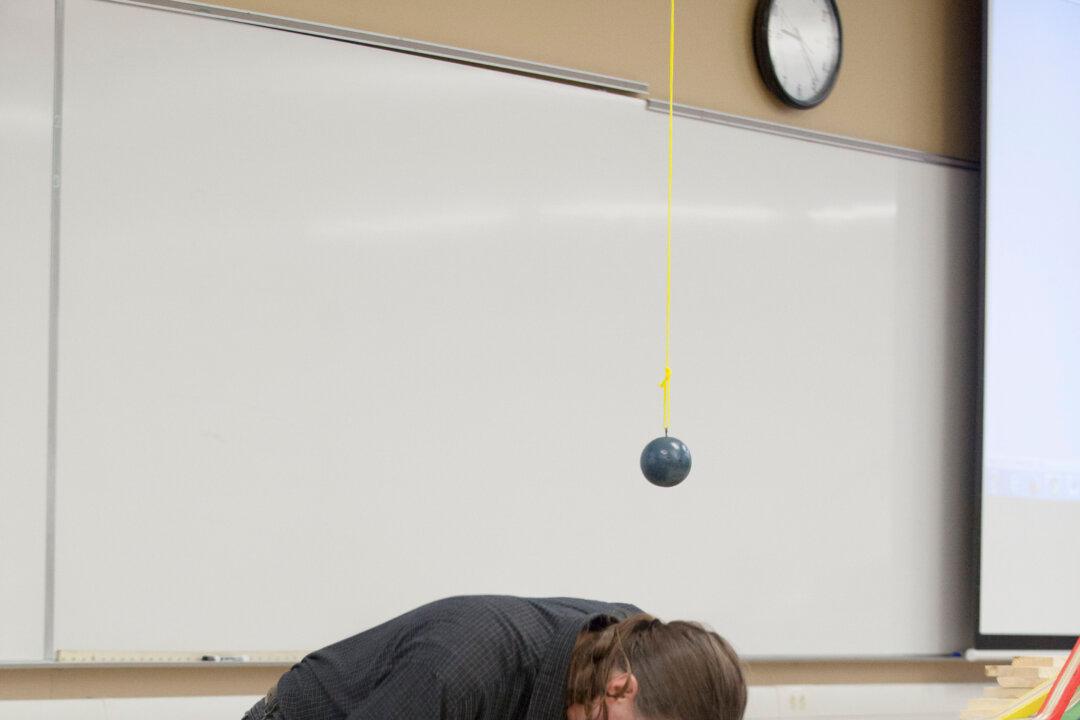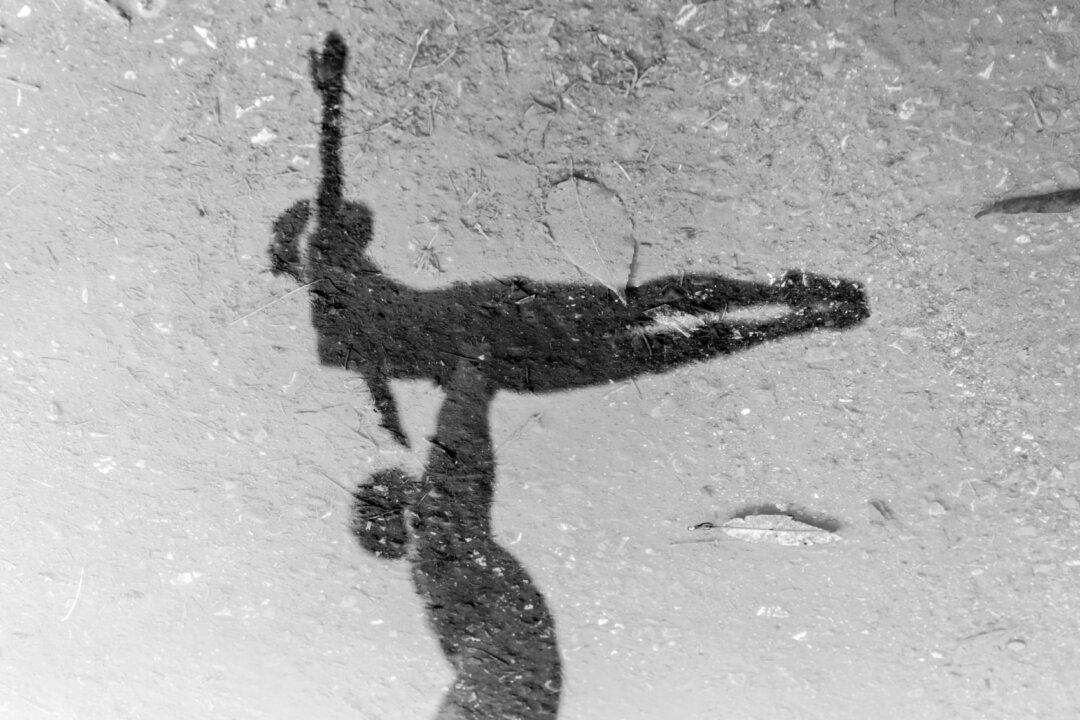Students who physically experience scientific concepts understand them more deeply and score better on science tests, according to a new study.
Brain scans showed that students who took a hands-on approach to learning had activation in sensory and motor-related parts of the brain when they later thought about concepts such as angular momentum and torque.
Activation of these brain areas was associated with better quiz performance by college physics students who participated in the research.
The study, published online in Psychological Science, comes from the University of Chicago psychology department’s Human Performance Lab, directed by Professor Sian Beilock, author of the book How the Body Knows Its Mind.
Beilock and her coauthors explain that hands-on experiences may benefit students more than previously realized, particularly in the world of virtual laboratories and online learning.




